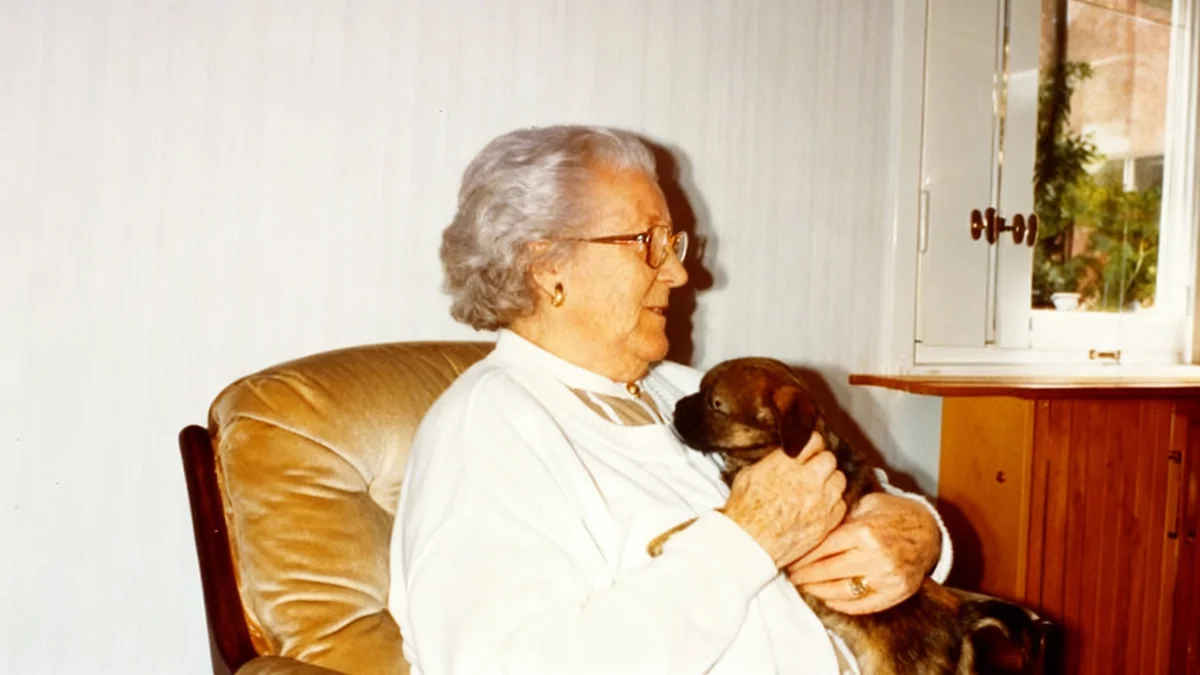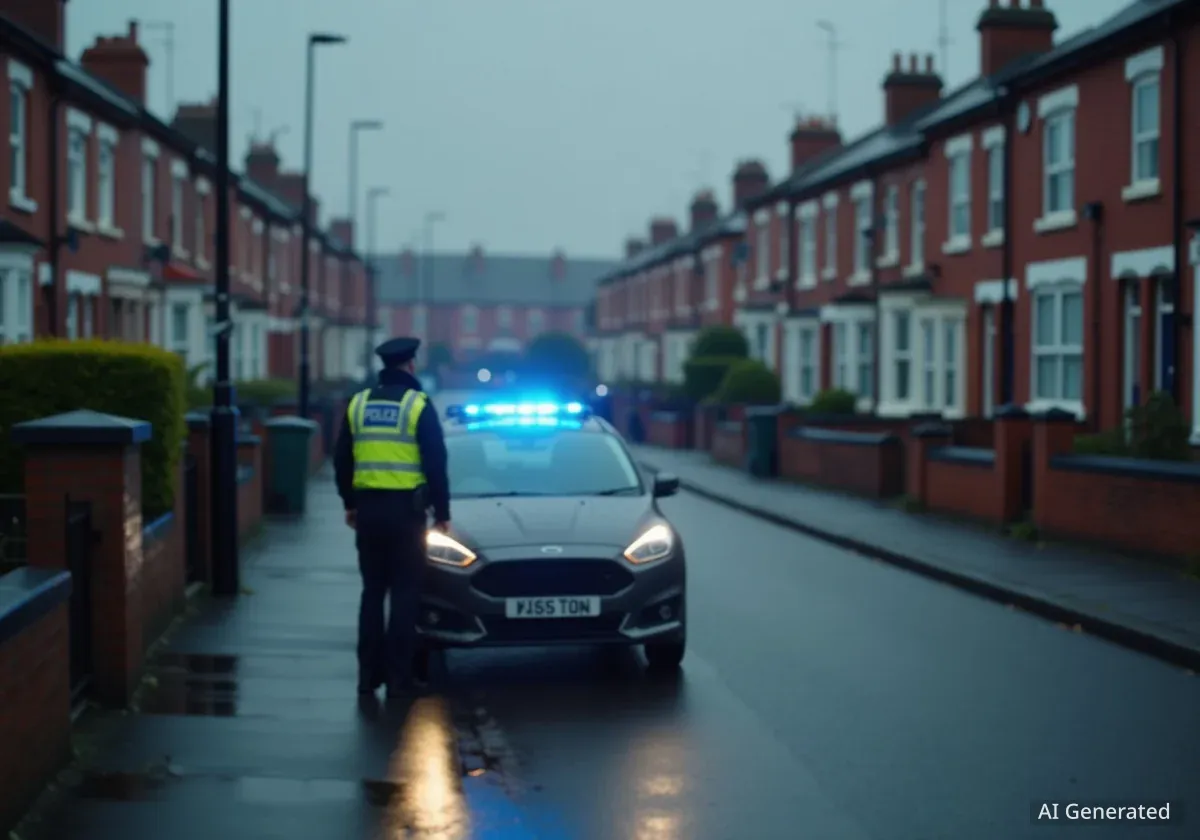Training staff at the North West Ambulance Service (NWAS) are set to begin five days of strike action, starting today, in an ongoing dispute over the removal of a key payment. The industrial action, organized by the public services union UNISON, involves highly specialized employees responsible for training 999 call handlers across the region.
The dispute centers on a recruitment and retention payment, worth up to £3,000 annually, which the union states was withdrawn without adequate consultation. This action follows 22 previous strike days this year, signaling a significant escalation in the conflict between the training staff and NWAS management.
Key Takeaways
- Specialist NWAS training staff will strike on five separate days in September, starting September 17.
- The core issue is the removal of a recruitment and retention payment valued at up to £3,000.
- UNISON claims the removal has led to a recruitment and retention crisis within the training team.
- NWAS management states the payment was no longer necessary after a team restructuring and that existing staff pay was protected.
- The action includes picket lines in Liverpool and lobbying events in Manchester and Preston.
Details of the Industrial Action
The first day of the strike will see employees forming a picket line outside the headquarters of the Liverpool City Region combined authority at Mann Island. This location was chosen for its high visibility near the city's waterfront to draw public attention to the dispute.
Following the initial walkout, further strike days are scheduled for September 23, 25, 29, and 30. UNISON has confirmed that this series of actions is intended to pressure NWAS management into negotiations over the payment's reinstatement.
In addition to picketing, the striking workers plan to directly lobby health service officials. A lobby is scheduled for today in Manchester, with another planned for September 25 at Preston County Hall. These events are designed to engage with board members of the bodies responsible for health service planning and coordination in the North West.
The Heart of the Dispute
The conflict originates from the removal of a long-standing recruitment and retention premium. According to UNISON, this payment was essential for attracting and keeping highly skilled professionals who train emergency call handlers—a critical role in the 999 response system.
The union argues that the decision to remove the payment was made without proper consultation and has had a severe negative impact on the department. UNISON reports that NWAS is now facing significant challenges in recruiting new trainers and retaining its current, experienced staff.
Staff Retention Crisis
According to UNISON, the majority of staff members in the affected training team have already applied for other roles or are actively seeking to leave the ambulance service due to the pay dispute. This highlights the severe impact on morale and stability within the unit.
Union Calls for Negotiation
UNISON North West regional organiser James Bull has been vocal about the need for NWAS management to engage in meaningful dialogue. He emphasized the frustration among the workforce, who feel their concerns are being ignored.
“Ambulance bosses need to stop stalling and start talking. Staff have already taken weeks of action fighting for the reinstatement of a vital payment that's been taken from them. It’s no wonder the ambulance service has a recruitment and retention crisis when managers ignore calls from workers and the public to even talk to their staff.”
Mr. Bull also highlighted the importance of the striking workers' roles, describing them as “highly skilled professionals who provide vital training and support to ensure ambulance call centres are ready to react whenever lives are at risk.”
NWAS Management Response
The North West Ambulance Service has presented a different perspective on the situation. An NWAS spokesperson clarified that the dispute is linked to a planned restructuring of a small group of training staff.
According to the service, this restructuring significantly expanded the pool of potential applicants for the training positions. As a result, management concluded that the additional payment, originally designed to attract and retain staff in a limited field, was “no longer required.”
NWAS Position on Pay Protection
NWAS management has stated that the changes were consulted on with both staff and trade unions and are compliant with national terms and conditions. A key point from their statement is that existing staff were protected from financial loss, meaning no current employee had their pay reduced. New staff, they argue, accepted their positions with full knowledge that the premium was not included.
The spokesperson for NWAS provided further details on the transition:
“Existing staff were protected, so they did not suffer a detriment, which means no staff had any pay removed. The newly appointed staff knew the posts no longer attracted a recruitment and retention premium when they applied for and accepted the positions.”
Furthermore, NWAS has assured the public that the strike action has not impacted its operational capabilities. “The action has not affected our ability to respond to patients or the wider healthcare system or cover planned training sessions,” the spokesperson concluded.
Wider Support and Political Involvement
The dispute has attracted the attention of regional political figures. Andy Burnham, the Mayor of Greater Manchester, has intervened by writing to NHS England. In his letter, he urged senior health service managers to facilitate talks between UNISON and NWAS to find a resolution.
Public support for the striking workers also appears to be growing. UNISON reports that more than 400 members of the public have emailed Salman Desai, the chief executive of North West Ambulance Service, directly calling for the payment to be reinstated.
This external pressure adds another layer to the ongoing conflict, as both the union and management face calls from politicians and the public to resolve the dispute and ensure the long-term stability of this vital training department.





